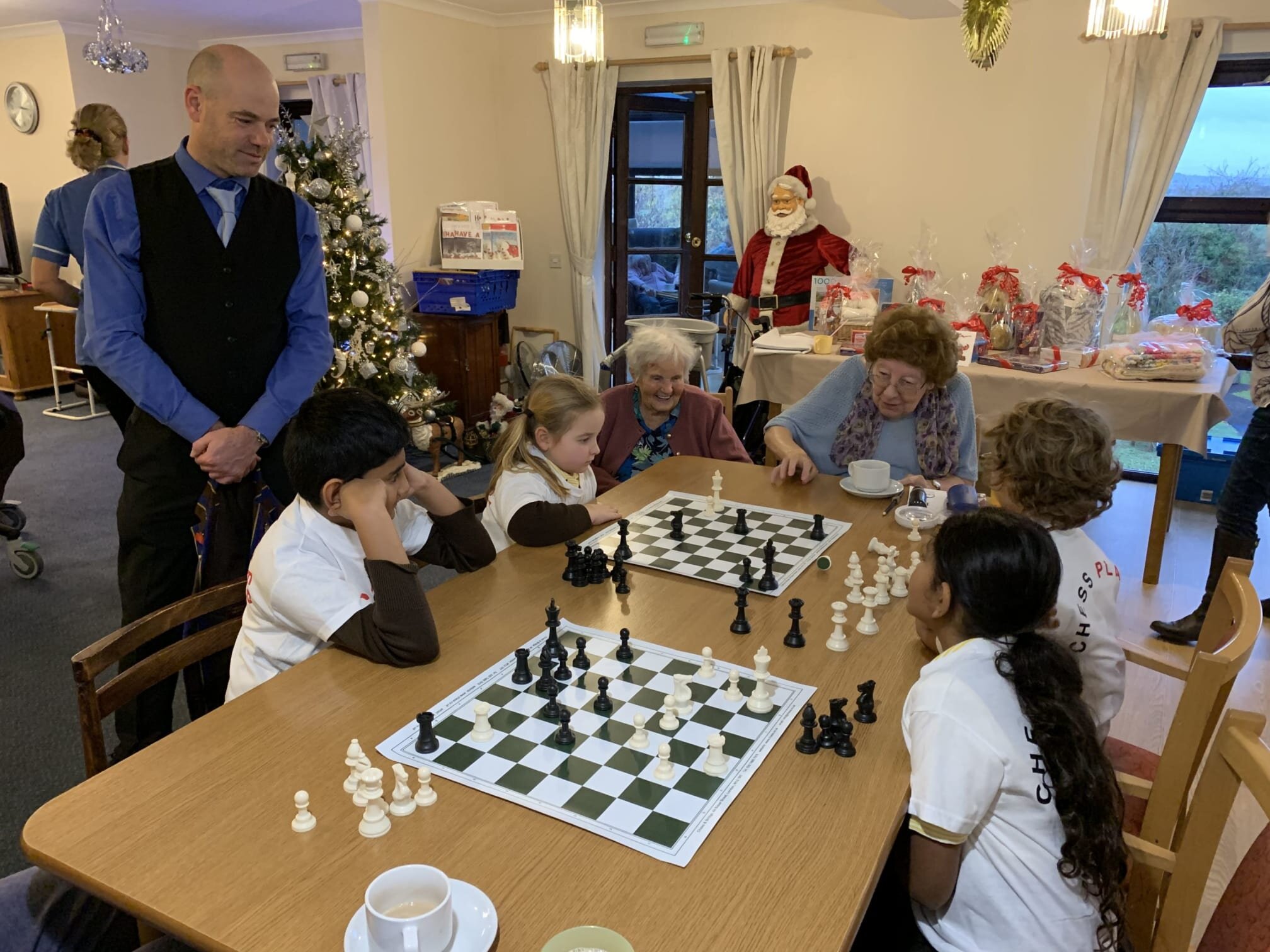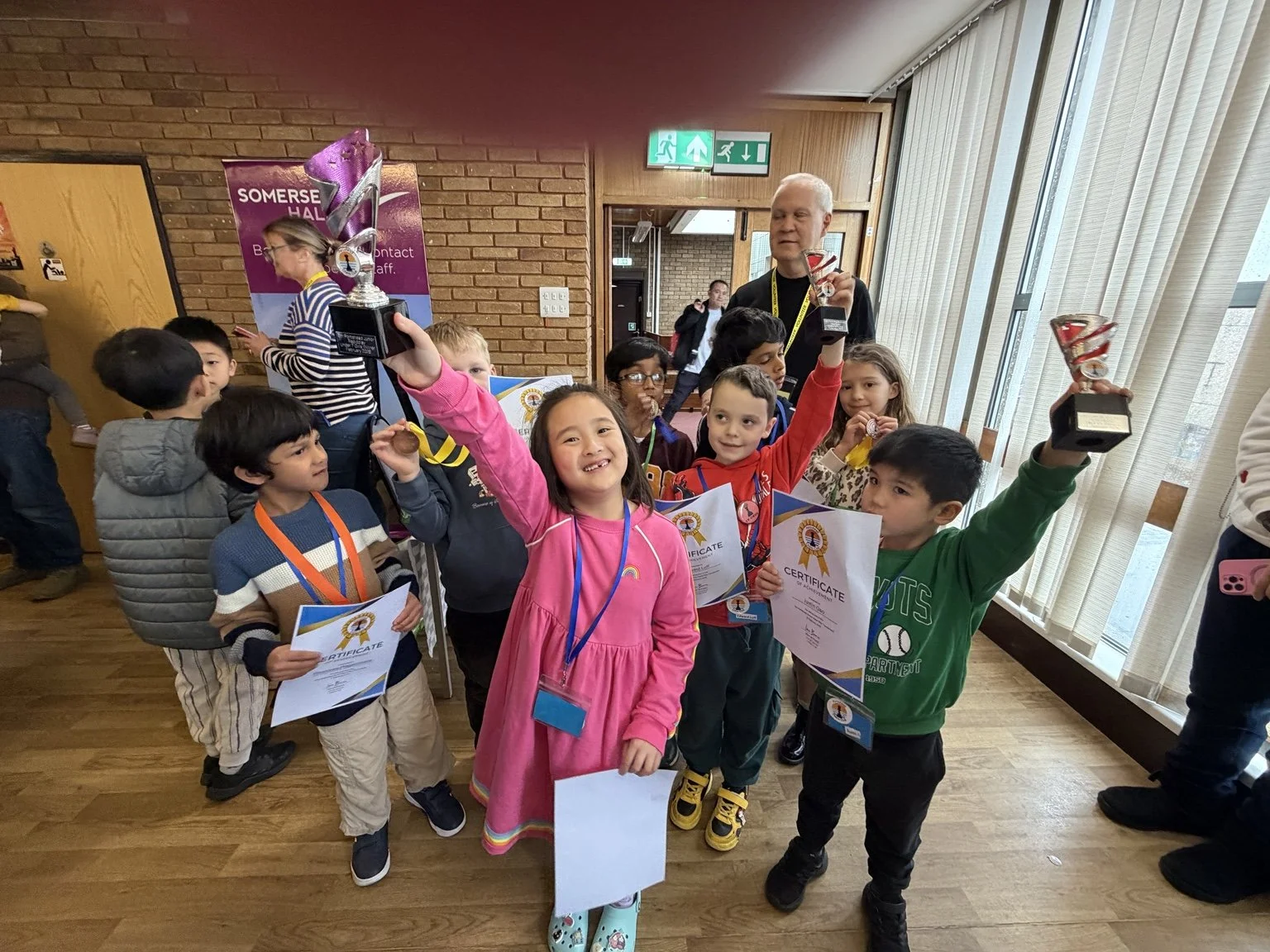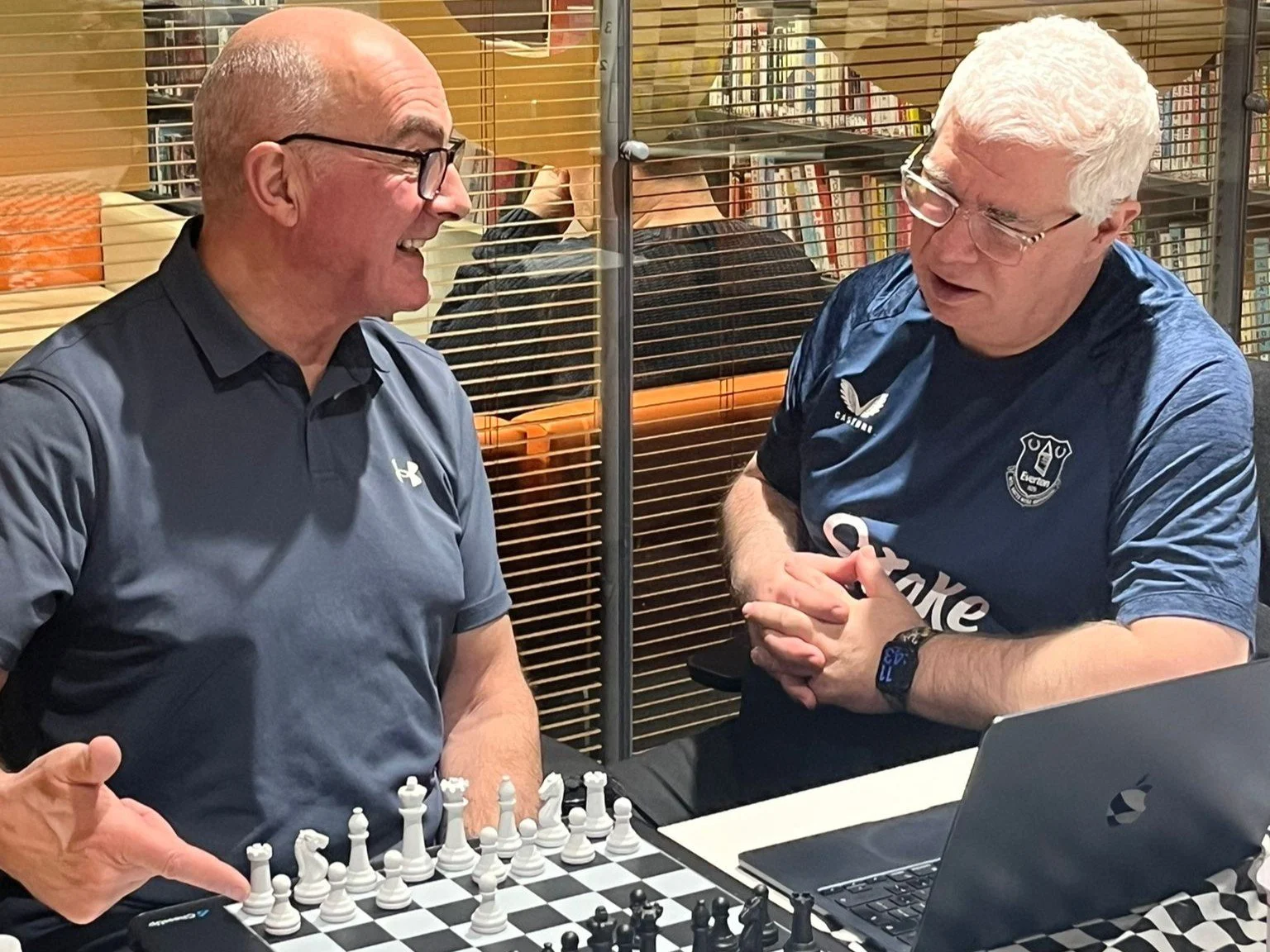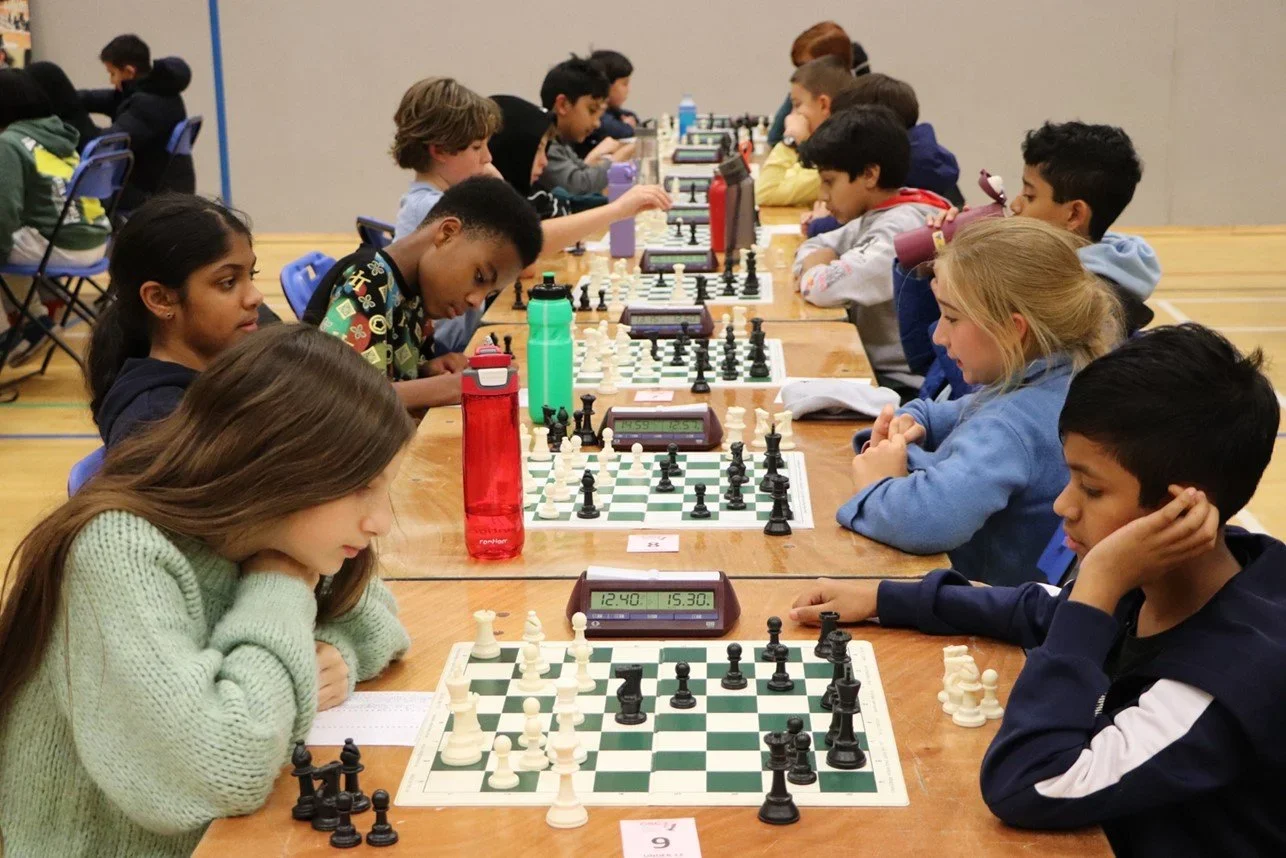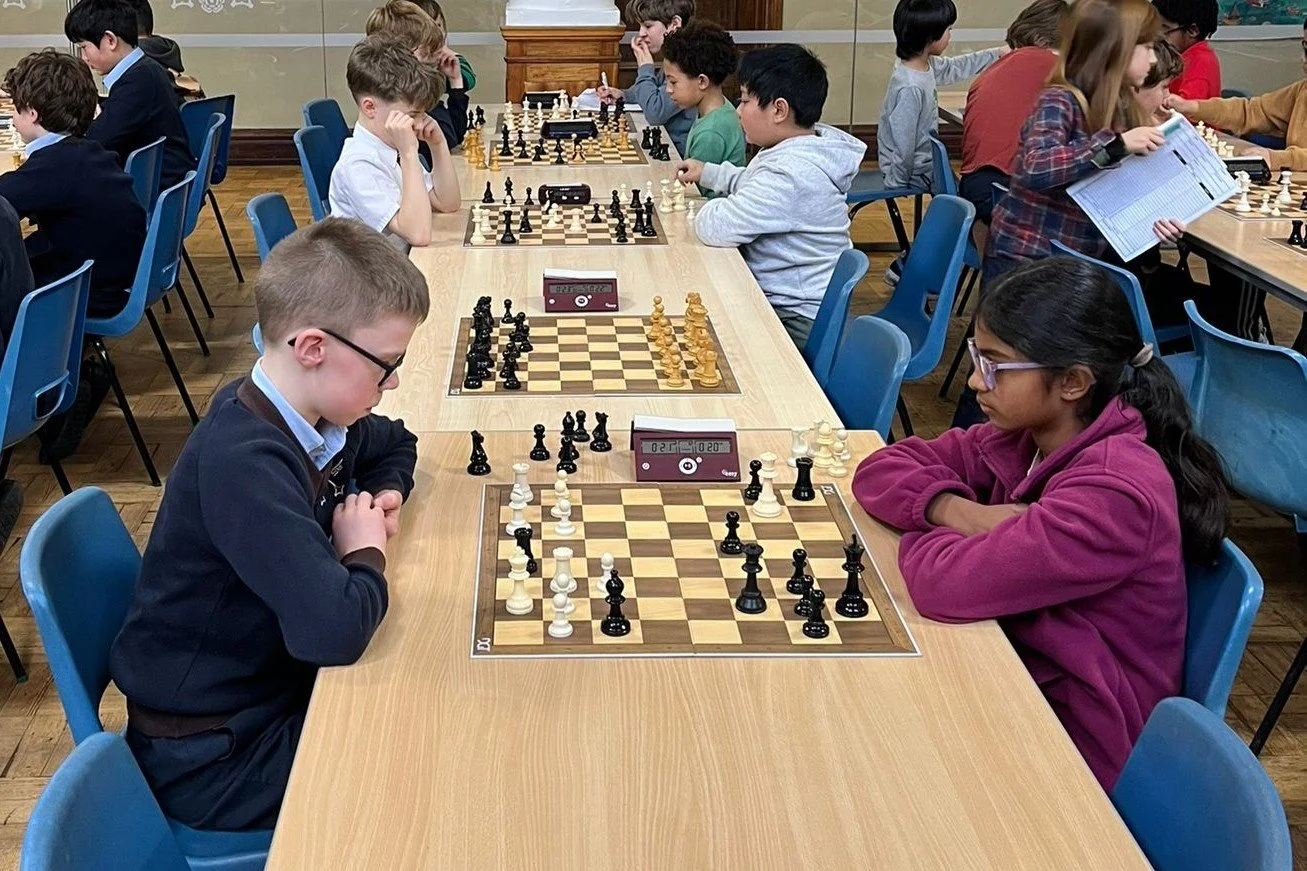
Older People
CSC runs chess activities in a number of settings for older people, using the game both to tackle social isolation and to bring cognitive benefits. Chess is a highly social game, offering players a fun leisure activity to share with friends and family. Our clubs for older people cater for complete beginners and are always free at the point of delivery.
Below are some of the projects CSC has worked on with older people. For more information, please contact us here.
Chess as a protective factor against dementia
Academic studies suggest that the cognitive benefits of chess can be a protective factor against developing dementia in later life. In a recent study of 10,318 adults in Australia, cognitively stimulating leisure activities such as chess were shown to be likely to prevent dementia in older age. Ongoing research is investigating whether the game can provide benefit to those already diagnosed with the condition. A good summary of the current status of research can be found here. An article in the Washington Post also makes a good read.
Working with older people in Westminster
For the past two years, CSC has joined forces with the charity Clear Village to deliver chess sessions to older people at their Small Works community centre in Victoria, London. A CSC tutor is providing free lessons to players of a range of chess abilities, with the emphasis on the social side of chess. Demonstrating great versatility, our tutor then remains at the centre to deliver sessions helping older people who are struggling with IT!
Age UK in Brighton
CSC Chess Tutor Andrew Wallace once again worked with Age UK in running a 10 week chess course in Brighton for older people. Building on the success of previous 10 week courses, we welcomed elderly chess players including several newcomers.
Bridging the generation divide
Samantha Ali, our former Havering coordinator worked on spreading our chess provision to older people in nursing homes. Since our eldest chess players (one is 97!) could not come to the London Chess Classic, we brought the chess to them. A CSC supported school in Brentwood selected their best and brightest chess players to the nursing home to show their skills and chat about all things chess.
From this successful chess club, a 2nd old people's home in the area followed suit to get chess going. The charity supplied the chess tutor, the chess sets and the chess workbooks. It proved to be so popular our tutor Raphaele notes that the residents of the chess club started playing chess before she arrived, and carried on playing long after her tutoring finishes!
The residents of the nursing home chatted to the pupils and were eager to know how the World Chess Championship in London was getting on (they were rooting for Caruana). The day was a fantastic trip for the pupils, getting to mix with an age group they might not normally have a chance to interact with. The residents told us they thoroughly enjoyed themselves - it was a rare and treasured opportunity for them to socialise with bright, happy children over the engaging and stimulating game that is chess.
Teaching chess to the older person
Jon Lloyd has been active in the voluntary sector for vulnerable adults over the last 15 years. He recognised the potential value of the Chess in Schools programme in the wider adult community. In 2015, Jon successfully approached CSC with a proposal for teaching chess to older people in order to help maintain or improve cognitive functions and socialisation.
Jon’s idea was to use chess to both aid cognitive ability and also combat loneliness, a problem on a national scale which has only recently been receiving the attention, if not the resources it deserves. Jon approached his local council, Bracknell Forest Borough Council [BFBC] to support a chess program for older people in local libraries. BFBC recognises that loneliness among adults [particularly in men] is the single biggest concern for social welfare in their borough. They were very willing to participate in a program of teaching chess to older residents as part of their self-care year. In conjunction with CSC, BFBC helped raise £2000 in lottery funding to support this programme.



